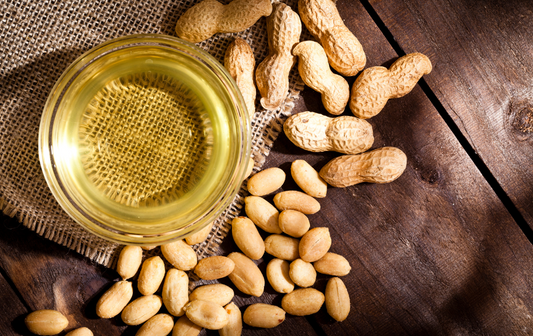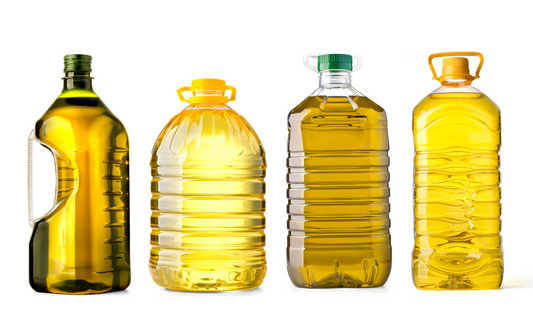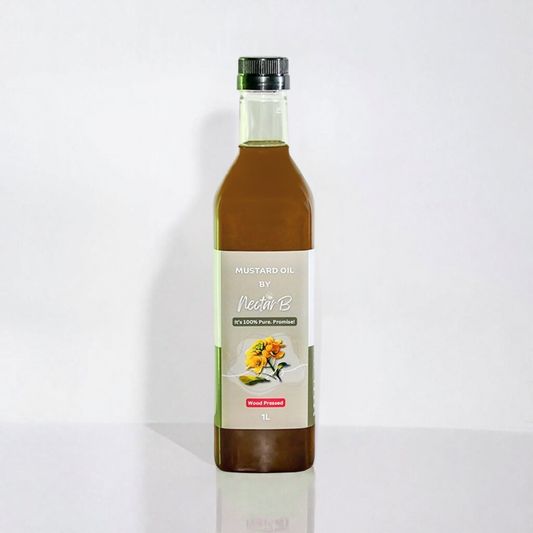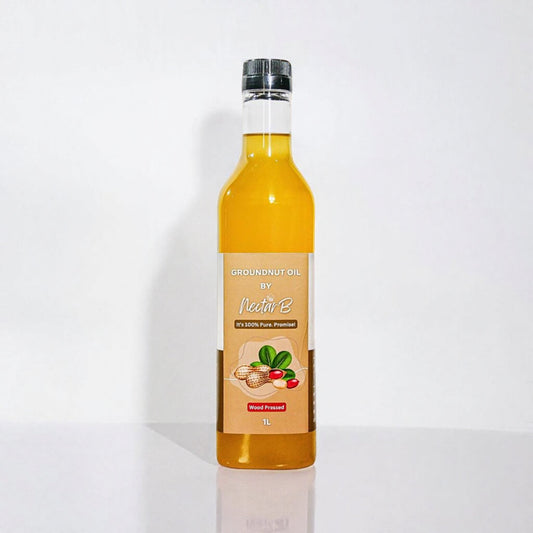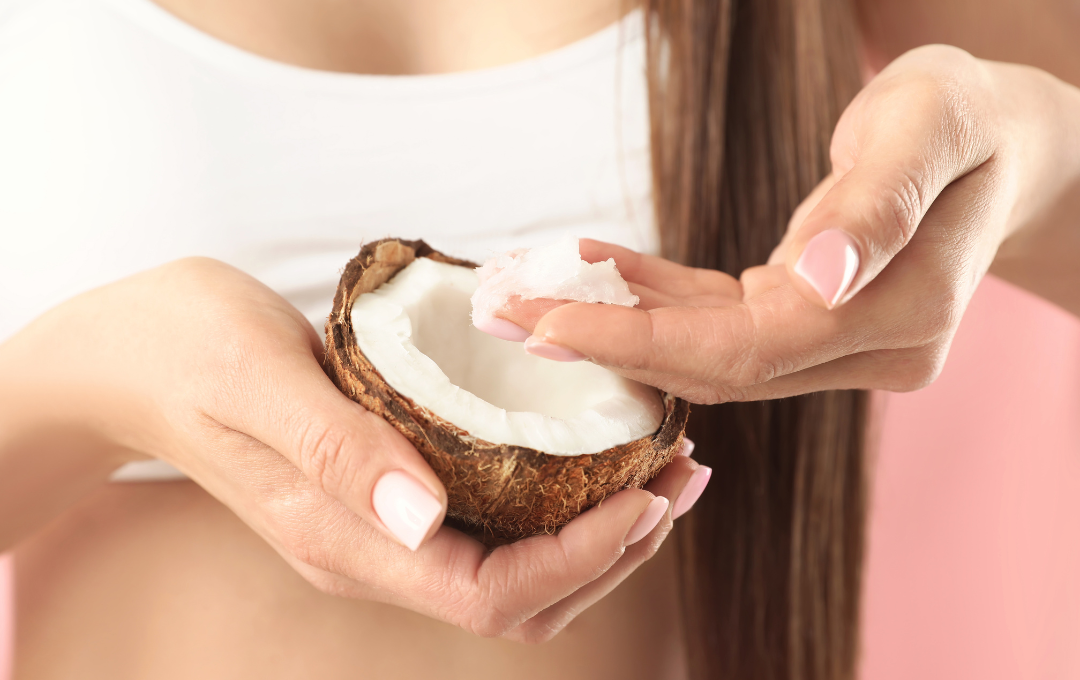
Nutritional Value of Coconut Oil and Its Impact on Hair Health
Introduction
Overview of Coconut Oil
Coconut oil is derived from the kernel or meat of mature coconuts harvested from the coconut palm (Cocos nucifera). It has become a staple in many households, valued for its versatile applications ranging from cooking to beauty treatments. What distinguishes coconut oil is its unique composition of fatty acids, which offer a plethora of health benefits.
Importance of Nutritional Value
The nutritional value of coconut oil is substantial, packed with healthy fats, vitamins, and minerals that are essential for overall well-being. Understanding this nutritional profile is crucial as it not only supports various bodily functions but also enhances the efficacy of the oil in beauty and health applications.
Connection to Hair Health
Coconut oil has been traditionally used in hair care routines across various cultures. Its rich nutritional content and unique properties make it effective in nourishing the scalp, moisturizing hair, and promoting overall hair health. This connection underscores the importance of including coconut oil in a balanced hair care regimen.
Components of Coconut Oil
Fatty Acids
One of the primary components of coconut oil is its fatty acids, particularly medium-chain triglycerides (MCTs). These include lauric acid, caprylic acid, and capric acid, which are known for their antimicrobial, antifungal, and anti-inflammatory properties. These attributes make coconut oil beneficial for both skin and hair health.
Vitamins and Minerals
Coconut oil contains small amounts of vitamins such as vitamin E and K, which are essential for maintaining healthy hair and skin. Vitamin E, in particular, is known for its antioxidant properties, which help combat oxidative stress and promote hair growth.
Antioxidants
The antioxidants in coconut oil help protect the hair and scalp from environmental damage. These compounds neutralize free radicals, preventing damage to hair follicles and promoting healthier, stronger hair. Regular use of coconut oil can thus contribute to reducing hair damage and loss.
Health Benefits of Coconut Oil
Skin Health
Aside from hair health, coconut oil is widely used for its skin benefits. Its moisturizing properties help in soothing and hydrating the skin. The antimicrobial properties also make it an effective treatment for conditions like eczema, dermatitis, and acne.
Heart Health
Coconut oil has been shown to have a positive effect on heart health. Studies suggest that the MCTs in coconut oil can help improve cholesterol levels, reduce blood pressure, and decrease the risk of heart disease. Its anti-inflammatory properties also contribute to overall cardiovascular health.
Immune System Support
The lauric acid in coconut oil converts into monolaurin in the body, which has antimicrobial and antiviral properties. This conversion plays a crucial role in strengthening the immune system, making the body more resistant to common infections and diseases.
Coconut Oil and Hair Health
Moisturizing Properties
The moisturizing properties of coconut oil are particularly beneficial for maintaining healthy hair. It penetrates deep into the hair shaft, providing long-lasting hydration. This helps in preventing dryness and flakiness of the scalp, which can lead to dandruff and other scalp issues.
Strengthening Hair
Coconut oil’s unique composition of fatty acids helps in strengthening hair by reducing protein loss. This is crucial as protein is a vital component of hair, and its loss can lead to weak, brittle hair prone to breakage. Regular application of coconut oil can thus result in stronger, healthier hair.
Preventing Breakage
Hair breakage is a common issue that can be effectively mitigated by using coconut oil. Its hydrating and strengthening properties help in reducing split ends and hair breakage. This results in smoother, more manageable hair that is less prone to damage.
How to Use Coconut Oil for Hair
Pre-wash Treatment
Applying coconut oil as a pre-wash treatment can help in protecting the hair from damage during washing. It forms a protective barrier that prevents the hair from absorbing too much water, which can lead to swelling and breakage. Simply massage a small amount into the scalp and hair before shampooing.
Leave-in Conditioner
Coconut oil can also be used as a leave-in conditioner. After washing and drying your hair, apply a small amount of coconut oil to the ends and mid-lengths to lock in moisture and add shine. This can help in detangling the hair and making it more manageable throughout the day.
Hair Mask
For a deep conditioning treatment, use coconut oil as a hair mask. Apply generously to the scalp and hair, cover with a shower cap, and leave it on for at least 30 minutes or overnight. This intensive treatment helps in deeply nourishing and conditioning the hair, leaving it soft and shiny.
Coconut Oil For Hair Moisture Treatment
Using coconut oil as a moisture treatment involves applying it to the hair and scalp to address dryness and improve hydration. This treatment is especially beneficial for individuals with dry, frizzy, or damaged hair. Regular moisturizing treatments can lead to healthier, more resilient hair.
Scientific Studies on Coconut Oil
Research on Hair Health
Several scientific studies have explored the benefits of coconut oil on hair health. These studies often focus on its ability to reduce protein loss, its moisturizing effects, and its role in preventing hair damage. The findings generally support the efficacy of coconut oil in promoting healthier hair.
General Nutritional Studies
General nutritional studies on coconut oil investigate its overall health benefits. These studies examine its impact on various health parameters, including heart health, immune function, and metabolic rate. The results indicate that coconut oil can be beneficial when included as part of a balanced diet.
Future Research Directions
Future research on coconut oil aims to explore its potential further. Areas of interest include its long-term effects on hair health, its role in treating specific hair and scalp conditions, and the development of new hair care formulations incorporating coconut oil. These studies could provide more definitive evidence of its benefits.
Coconut Oil vs Other Natural Oils
Coconut Oil vs Olive Oil
Both coconut oil and olive oil offer unique benefits for hair health. While coconut oil excels in deep conditioning and strengthening, olive oil is renowned for its moisturizing and restorative properties. Choosing between the two often depends on specific hair needs and personal preferences.
Coconut Oil vs Argan Oil
Argan oil is another popular option for hair care, known for its high vitamin E content and excellent moisturizing properties. Compared to coconut oil, argan oil is lighter and less likely to weigh the hair down, making it ideal for fine or oily hair types. However, both oils are highly effective in promoting hair health.
Coconut Oil vs Almond Oil
Almond oil is rich in vitamins and fatty acids that nourish the hair and scalp. It is particularly effective in promoting hair growth and reducing dandruff. While coconut oil is often preferred for its antibacterial properties, almond oil offers a different set of benefits, making it a worthy alternative or complementary treatment.
Choosing the Best Coconut Oil
Refined vs Unrefined
Refined coconut oil is processed to remove impurities, making it more suitable for high-heat cooking but less beneficial for hair care. Unrefined or virgin coconut oil retains more of its natural nutrients and is generally recommended for hair and skin applications due to its superior quality.
Organic vs Non-organic
Organic coconut oil is produced without the use of synthetic pesticides or fertilizers. It tends to be of higher quality and is better for both health and the environment. Non-organic options might be more affordable, but they may not offer the same level of purity and effectiveness.
Cold-pressed vs Expeller-pressed
Cold-pressed coconut oil is extracted without the use of heat, preserving more of its natural nutrients and beneficial properties. Expeller-pressed oil, while still effective, may lose some nutrients due to the higher extraction temperatures. For optimal hair health benefits, cold-pressed and specially wooden cold-pressed or simply wood pressed coconut oil is often the preferred choice.
Properties of Coconut
Coconut is known for its diverse properties, including antimicrobial, antifungal, and anti-inflammatory effects. These properties make it a valuable ingredient in both dietary and cosmetic applications. Its versatility and effectiveness have made coconut a staple in many wellness and beauty routines.
Interactions With Other Drugs
While coconut oil is generally safe for most people, it can interact with certain medications. Individuals taking cholesterol-lowering drugs or blood thinners should consult a healthcare provider before incorporating coconut oil into their diet or hair care routine. Understanding these interactions is crucial for safe and effective use.
Precautions to Take With Coconut
When using coconut oil, certain precautions should be observed. These include starting with a small amount to test for any allergic reactions, avoiding excessive use to prevent scalp build-up, and choosing high-quality, unrefined oil for the best results. Observing these precautions ensures a safe and beneficial experience.
Can Coconut Oil Damage Hair?
While coconut oil offers numerous benefits, it can potentially cause damage if used incorrectly. Overuse can lead to scalp build-up, making hair greasy and difficult to manage. It's essential to use it in moderation and balance it with other hair care products to avoid any negative effects.
Potential Side Effects of Coconut Oil
Allergic Reactions
Although rare, some individuals might experience allergic reactions to coconut oil. Symptoms can include itching, redness, and swelling. If any of these occur, it is advisable to discontinue use immediately and consult a healthcare professional for further advice.
Over-moisturizing
Over-moisturizing the hair with coconut oil can lead to an oily scalp and hair that looks greasy and weighed down. To avoid this, it is crucial to use the right amount based on hair type and condition and to balance coconut oil treatments with regular cleansing.
Scalp Build-up
Frequent use of coconut oil without proper washing can result in build-up on the scalp, leading to clogged pores and potential scalp issues like dandruff. Regular, thorough washing and occasional use of clarifying shampoos can help prevent this build-up and maintain a healthy scalp.
Conclusion
Summary of Key Points
Coconut oil offers a wide range of benefits for hair health due to its unique composition of fatty acids, vitamins, and antioxidants. It helps in moisturizing, strengthening, and preventing hair breakage. However, it's important to use it correctly to avoid potential side effects such as scalp build-up and over-moisturizing.
Final Thoughts on Coconut Oil for Hair Health
Overall, coconut oil is an excellent natural remedy for improving hair health. With its rich nutritional profile and versatile applications, it can be a valuable addition to any hair care routine. By understanding its properties and following best practices for use, you can harness its full potential to achieve healthier, stronger, and more beautiful hair.
Popular Links
Order Wood Pressed Groundnut Oil Now!




